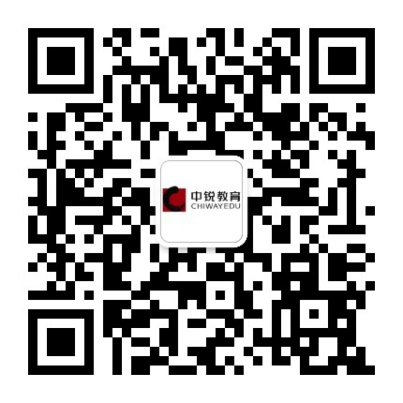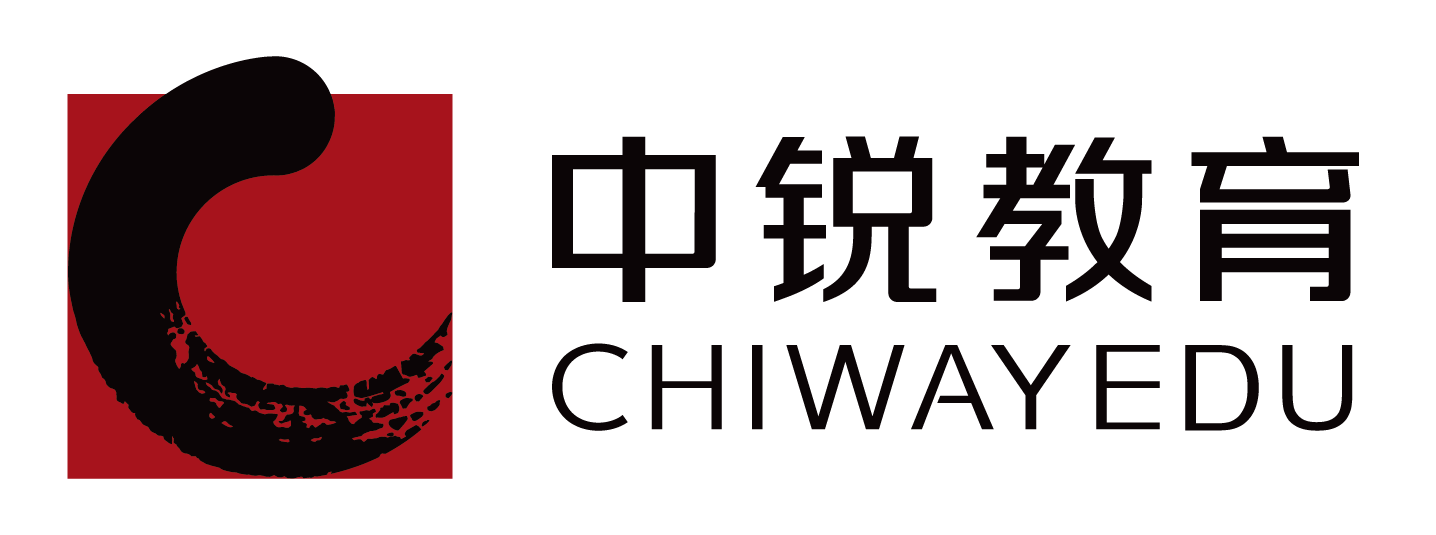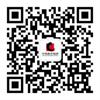| Grades | Intergrated program | Day/Board | ||
| Content | Approach | Framework | ||
| K |
National curriculum and supplementary content |
Dual-language immersion | IB-PYP | Day |
| 1-5 |
National curriculum and supplementary content |
Dual-language immersion | IB-PYP | Day |
| 6-10 |
National curriculum and supplementary content |
Dual-language immersion, Individualized teaching and learing | IB-MYP | Day/Boarding |
| 11-12 |
IBDP(compulsory) |
English medium of instruction for all courses except Chinese Language and Literature | IB-DP | Boarding |
The written curriculum
OCAC-Suzhou adopts the PYP Programme of Inquiry as its primary school curriculum framework. Students inquire into, and learn about six globally significant transdisciplinary themes in the context of units of inquiry.
OThe OCAC-Suzhou Programme of Inquiry is collaboratively planned by the leadership team, homeroom teachers and subject teachers. It follows the Chinese National Curriculum Standard and the PYP Scope and Sequence.
A balanced development of knowledge, concepts, skills, attitudes and action will be achieved under the OCAC-Suzhou Programme of Inquiry.
The taught curriculum
The taught curriculum is the written curriculum in action.
Inquiry, as the leading pedagogical approach of the PYP, is recognized as allowing students to be actively involved in their own learning and to take responsibility for that learning. Inquiry allows each student’s understanding of the world to develop in a manner and at a rate that is unique to that student.
Inquiry is the process initiated by the students or the teacher that moves the students from their current level of understanding to a new and deeper level of understanding. This can mean:
exploring, wondering and questioning;
experimenting and playing with possibilities;
making connections between previous learning and current learning;
making predictions and acting purposefully to see what happens;
collecting data and reporting findings;
clarifying existing ideas and reappraising perceptions of events;
deepening understanding through the application of a concept
making and testing theories;
researching and seeking information;
taking and defending a position;
solving problems in a variety of ways.
Inquiry involves an active engagement with the environment in an effort to make sense of the world, and consequent reflection on the connections between the experiences encountered and the information gathered. Inquiry involves the synthesis, analysis and manipulation of knowledge, whether through play or through more formally structured learning throughout the PYP.
Timetable Arrangement
Homeroom teachers are responsible for leading the teaching of UOIs, which include science and social studies.
Homeroom teachers are responsible for teaching language (Chinese/English) .
Music, visual art, PE and design/ICT are taught by different subject teachers, two or three periods per week.
Knowledge, concepts and skills from language, mathematics, PE, music and visual art will be included in the programme of inquiry.
The Assessed Curriculum
Assessment involves the gathering and analysis of information about student performance and is designed to inform practice.
Teachers use a wide range of assessment strategies, e.g. observations, audio and video recordings, checklists, learning logs, tests, quizzes, open-ended tasks, to collect information on each of the elements represented in the written curriculum: the understanding of concepts, the acquisition of knowledge, the mastering of skills, the development of positive attitudes and the ability to take responsible action.
Assessment can be categorized as formative assessment and summative assessment. Formative assessment is interwoven with learning, and helps teachers and students to find out what the students already know and can do. It provides information that is used in order to plan the next stage in learning. Summative assessment is the culmination of the teaching and learning process, and gives the students opportunities to demonstrate what has been learned. It informs and improves student learning and the teaching process; it measures understanding of the central idea, and prompts students towards action.
In the PYP, learning is viewed as a continuous journey, where teachers identify students’ needs and use assessment data to plan the next stage of their learning.
In Grade 5, the final year of the PYP, students need to participate in a culminating project, the PYP exhibition. This requires that each student carry out an extended, in-depth, collaborative inquiry into real life issues or problems. Students will not only demonstrate their engagement with the five essential elements of the programme: knowledge, concepts, skills, attitudes and action, but exhibit the attributes of the learner profile that have been developing throughout the PYP.
The exhibition also provides schools and students with a wonderful opportunity to celebrate the transition of learners to the next phase of their education.



